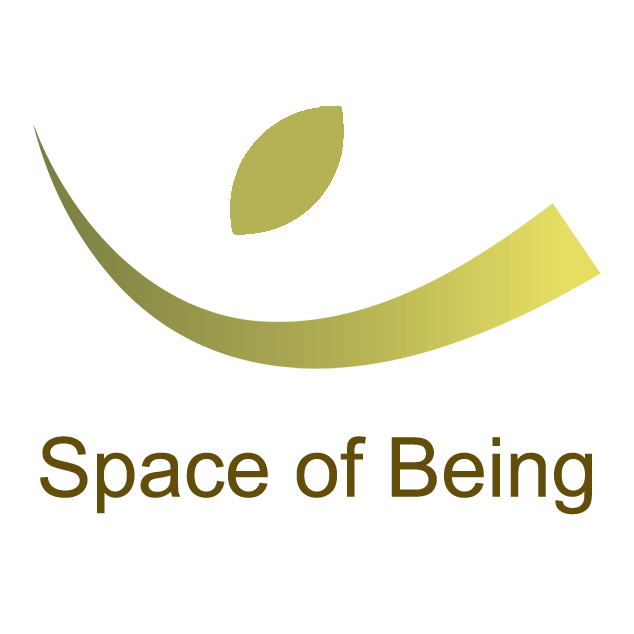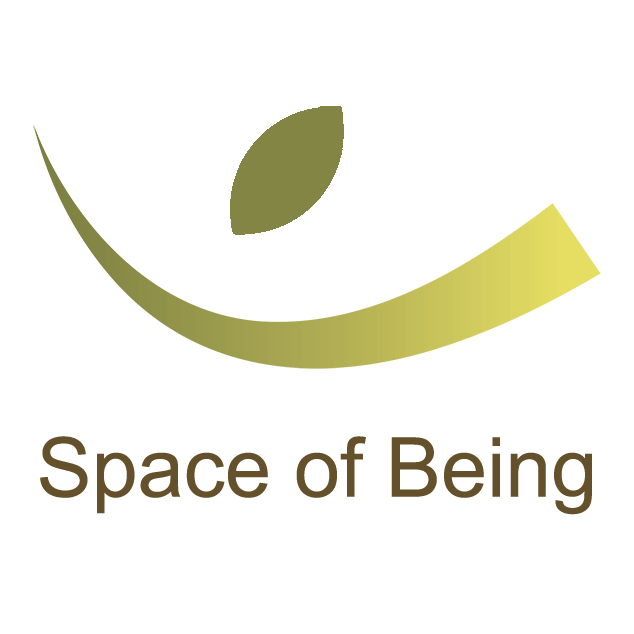What is this feeling? Some reasons we may keep coming back to Yoga.......
“So much has changed for me over this last year of coming to Yoga. I can do things with my body I never thought I’d be able to do. But there’s something else I feel ... I’m not sure what it is and I’m not sure what happens....” Pendeen June 2023
This is what someone turned to say to the person next to them, at the end of a Yoga Class I taught last week, and is one of the most gratifying things I’ve ever heard in a class. This is partly because it’s always great to know what people are feeling from the sessions, but also because, ever since I started practicing Yoga, I too have experienced a hint of this ‘something else’, but can’t pretend to know what it is. At least not with my thinking mind.
I know lots of us find our lives change for the better as we develop a regular Yoga/Relaxation/Meditation practice. We might feel enlivened, more at ease, stronger, more flexible in our bodies. We may feel less anxious and sleep better. We might even find we get on with people around us more easily (at least sometimes?). I often hear people say that they feel more connected. The question we can ask though, is, connected to what? What is this feeling we sometimes have?
Some of my favourite books we’ll look at in the monthly Yoga Philosophy Sessions
After a few years of trying out lots of different physical Yoga practices, and feeling better in myself, I wanted to know more about what might be going on. So, I started reading and was quickly blown away by the exquisite enquiries and philosophies I found to lie behind so much I was experiencing in my body and mind. The histories and philosophies of Yoga (and other contemplative traditions) are rich, complex, and entangled. But, over time, and as the books above suggest, I’ve found I keep coming back - intellectually, poetically, meditatively and physically - to the school of thought and practice known as Tantra, out of which Hatha Yoga emerged. More specifically, I love the teachings of Kashmir Śaivism which date back to about the 6th Century CE. See below for some of the things I find striking about these teachings.
I already share snippets of these texts and practices in the 6-Week Online Course Yoga in the Midst of Life, which has been running for nearly a year now. It’s so rewarding to work together with a community of people who’ve decided to share Yoga in its broadest sense in a way that brings physical practice and philosophy together.
So I’ve decided, following interest from some of you, to go deeper with the philosophical enquiries. From September, I will be running an in-depth ONLINE MONTHLY PHILOSOPHY & ENQUIRY COURSE which I will call SPACE OF BEING 😊
If you’d like to know more about some of the philosophical enquiry that’s relevant to our Yoga classes and to living life today, please book below for one or more of the Online Space of Being Sessions and there’s more information about these sessions at the bottom of this post.
One of the things I find most compelling about Tantra, is that it includes everything from our lives – warts and all – as grist for the mill for understanding ourselves and the mysteries of existence. Some contemplative traditions teach that we need to transcend our bodies and minds, to find purity, before we can access ‘something else’. But Tantra teaches that nothing is out of bounds. It’s precisely through the miracles of our bodies and minds, through joy and through pain, through sticky mess and through clarity, that we can come into a more expansive experience of being.
To take this approach one step further, many teachings have suggested for millennia that much human suffering arises from the fact that we IDENTIFY ourselves fully with our bodies and minds. We don’t imagine that these aspects of ourselves might be smaller, condensed manifestations of something else, something more spacious perhaps. Instead, we operate in the world AS IF these constricted versions of ourselves is all we are - they DEFINE us entirely.
Now, of course our thinking minds and our bodies are essential for many things – we couldn’t function without them. But I love how Joan Ruvinski refers to the thinking mind, for example, as the ‘Itty bitty shitty committee’ as a way of reminding us of how thought can reduce the potential of a fuller life experience to trudging around the same old stories and beliefs about ourselves. I’m not as good or as happy as X person because they’re more intelligent, they have a bigger house, longer legs and a more loving partner. For example…. We all have our own versions of a sense of comparison and a sense of lack.
I find a useful starting point to questioning the status of our thinking mind is to recognise how lots of us are influenced by the ‘dogma’ of certain strands of outdated neuroscience that state how Consciousness is a product of the individual thinking mind. That makes our minds bigger than Consciousness. I prefer to be open to the possibility of what many of the contemplative traditions have said for millennia - that our brain-minds emerge OUT OF an infinitely expansive realm of Consciousness. Some traditions refer to this realm as ‘the mystery’, others as ‘spacious awareness’. Some refer to it as ‘the divine’ or as ‘our true nature’. Personally, I like mystery and spacious awareness as it leaves the possibilities open. After all, we can’t really know this realm with our thinking mind - or the minute we think we have it, it slips from our grasp and we’re back where we started.
So what does Yoga have to do with all of this?
Many of the verses and practices from ancient texts point us towards something that one of my teachers, James Reeves, calls the ‘inwardly outwardly’ approach, and that is to live life fully IN the body-mind-emotions that make up our individual personalities, whilst experiencing our personalities as part of an infinitely spacious quality of experience and intelligence. We are our bodies but we are more than our bodies. We are our thoughts and emotions, but we are so much more than our thoughts and emotions. Many of the practices that we do in a class and many more that are introduced in the texts of Kashmir Śaivism, for example, invite us precisely into a non-thinking experience of living life fully ‘inwardly outwardly’.
Maybe, just maybe, these traditions and their ancient philosophies and practices are pointing us towards what the dear person in my class – and so many of us – sense as ‘something else’ going on in our lives; something mysterious which we occasionally tune into and when we do, we find our lives quite quickly change for the better.
~~~
Space of Being Online Monthly Course
During these first 3 sessions of this Online Course, we will be introduced to some central principles of Tantra thought and practice - specifically Kashmir Śaivism - and where these principles fit in with other ways Yogis and other contemplatives, have sought to understand the universe and the human place within it. With the help of some guiding questions, we will have the opportunity to look at excerpts of some beautiful, key texts from the Kashmir Śaivite tradition. We will chat about what we understand from them, and vitally, we will come into some breathing and meditation practices, that might bring us into a direct experience of what’s suggested by the writings.
There’s no need for prior knowledge and the course will be accessible with lots of opportunity for interaction, sharing life experiences as well as getting our teeth into some good old philosophy! You may be a reader and love the texts themselves, or you may opt to turn up on the Sunday ready to listen to the talks and experience the practices. No homework required unless you want to read.
When:
Last Sunday of every month 5-7pm (24th September 29th October 26th November and more dates to follow for 2024)
Cost:
3 Sundays @ £60 or Drop-In @ £25 (NB If you are registered on the 6-weekly Yoga in the Midst of Life Course, OR the BWY Foundation Course, the cost for these extra philosophy Sundays is 3 Sundays @ £45 or Drop-In @ £20). Although I’m including a Drop-in option, to make the most of this course, I recommend registering for all 3 Sundays. It may be that you want to dry the first session as a drop-in to see if it suits you and if you decide you want to continue, I will deduct the price of a drop-in from the cost of 3 sessions.
What’s included:
· 2 hours each month of on-line short talks, group chats, meditation, breathing & relaxation practices
· Reading resources & Recordings of all talks and practices from the Sunday Sessions
· Peer-to-peer support for ongoing conversations and sharing


